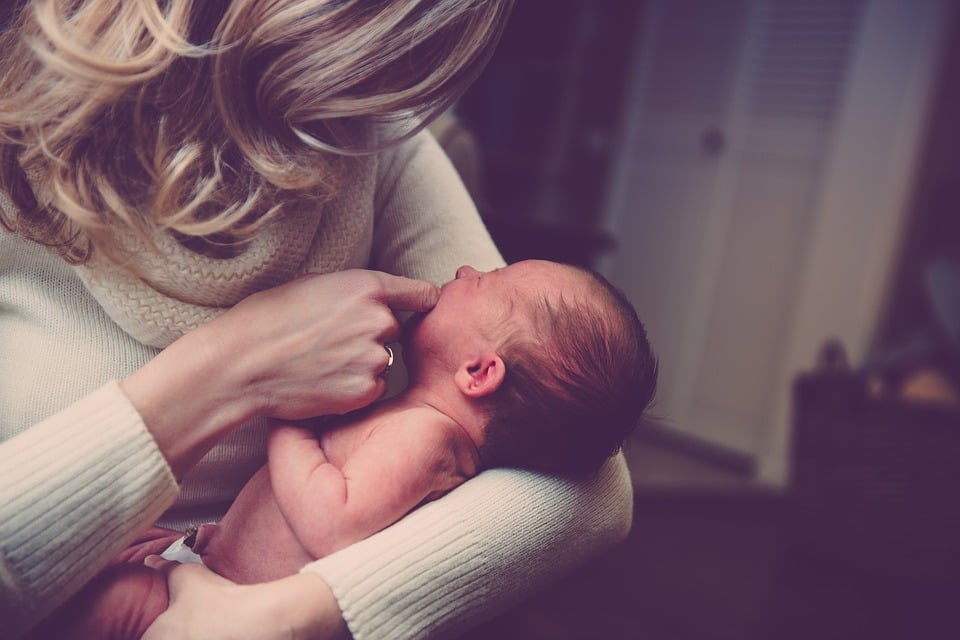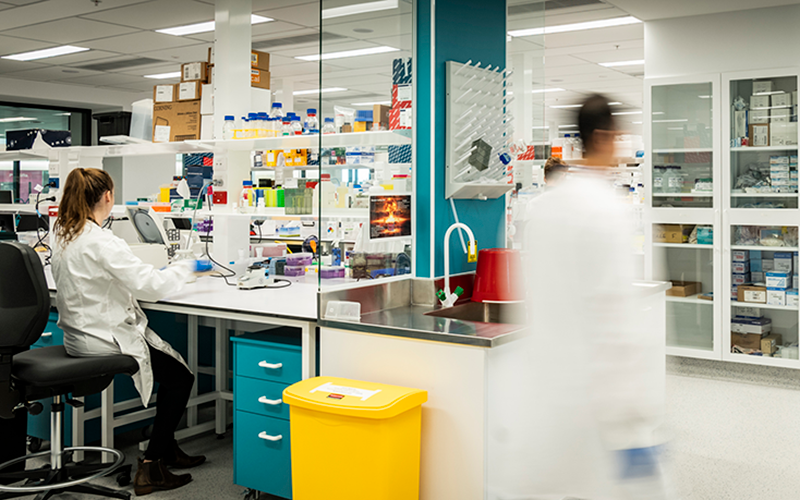Search

News & Events
RSV prevention finally in reach after 20 years of research at The Kids Research Institute AustraliaWorld-first immunisations providing protection against deadly respiratory syncytial virus (RSV) could be just months away thanks to global research efforts spanning multiple decades.
Research
Where are preschoolers active in childcare centers? A hot-spot analysis using GIS, GPS and accelerometry dataThis study investigated where preschool children were more or less active in outdoor play areas in Early Childhood Education and Care (ECEC) centers using a novel method of combined device-measured physical activity, spatial data and on-site audit data.
Research
Factors Influencing Postoperative Experiences in Adult Cochlear Implant Recipients: A Multistakeholder PerspectiveTo explore factors influencing postoperative experiences of adult cochlear implant (CI) recipients, determine the impact of each factor, and conceptualize recipients' postoperative journey.

News & Events
Funding boost for cancer, antimicrobial resistance, and pain management treatmentsThe Kids Research Institute Australia researchers will share in $2.3 million awarded by the Western Australian Department of Health Innovation Seed Fund.
Research
The Effects of Using the Sun Safe App on Sun Health Knowledge and Behaviors of Young Teenagers: Results of Pilot Intervention StudiesA balanced approach toward sun exposure and protection is needed by young people. Excessive sun exposure increases their risk for skin cancers such as melanoma, whereas some exposure is necessary for vitamin D and healthy bones. We have developed a new iOS smartphone app-Sun Safe-through a co-design process, which aims to support healthy and balanced decision-making by young teenagers (aged 12-13 years).
Research
Improving primary prevention of acute rheumatic fever in Australia: consensus primary care priorities identified through an eDelphi processTo establish the priorities of primary care providers to improve assessment and treatment of skin sores and sore throats among Aboriginal and Torres Strait Islander people at risk of acute rheumatic fever (ARF) and rheumatic heart disease (RHD).
Research
Daytime sleepiness and emotional and behavioral disturbances in Prader-Willi syndromeIndividuals with Prader-Willi syndrome (PWS) often have excessive daytime sleepiness and emotional/behavioral disturbances. The objective of this study was to examine whether daytime sleepiness was associated with these emotional/behavioral problems, independent of nighttime sleep-disordered breathing, or the duration of sleep.
Research
A rural ecosystem of recovery: Lessons from substance users' experiences of accessing services in Western Australia's South WestSubstance use is a public health issue with a greater burden in rural areas. Barriers to accessing services are exacerbated for rural substance users, with confidentiality concerns, longer travel distances, workforce issues and limited availability of services. This paper presents results from a study exploring substance users' experiences of accessing services in Western Australia's South West.
Research
Modelling study of the ability to diagnose acute rheumatic fever at different levels of the Ugandan healthcare systemTo determine the ability to accurately diagnose acute rheumatic fever given the resources available at three levels of the Ugandan healthcare system.
Research
Language and literacy in the context of early life adversityThis chapter considers the role of different forms of psychosocial adversity as risk factors for compromised language and literacy development in childhood and adolescence. Language skills play a central role in the development of prosocial interpersonal skills as well as promoting academic success through the transition to literacy.
